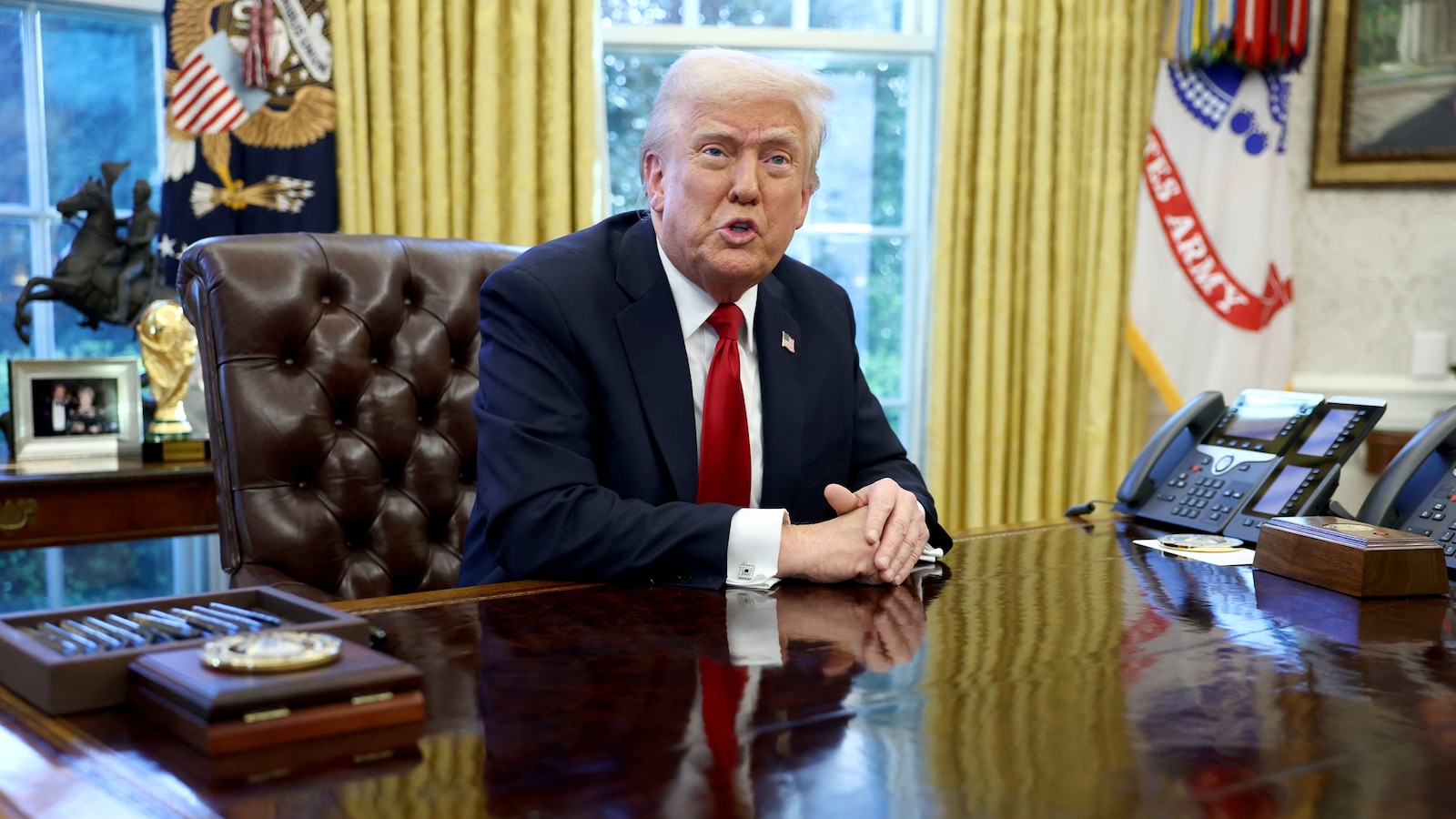President Donald Trump announced plans to impose a 25% tariff on all imported cars, escalating an ongoing global trade war. This decision follows previous tariffs that caused market instability and raised concerns about a potential recession.
According to a White House fact sheet, the tariffs will apply to imported passenger vehicles, including cars, SUVs, minivans, cargo vans, and light trucks, as well as key auto parts such as engines, powertrain components, and electrical systems. The administration noted that approximately 50% of the 16 million cars purchased in the U.S. last year were imports, with only about 50% of domestically assembled vehicles containing U.S.-produced content.
The tariffs are scheduled to take effect at 12:01 a.m. on April 3, with auto parts tariffs following no later than May 3. The White House justified the tariffs as a measure to protect the U.S. auto industry, which it claims is crucial for national security.
Experts predict that these tariffs could lead to higher car prices for U.S. consumers. Analyst Stephanie Brinley from S&P Global Mobility estimates that about 54% of the 16 million new cars sold in the U.S. in 2024 were made domestically, while 46% were imported. Prices are expected to rise across the board, affecting both new and used car markets, as well as car insurance premiums.
Canadian Prime Minister Mark Carney criticized the move, calling it a ‘direct attack’ on Canadian workers. The Canadian Chamber of Commerce warned that the tariffs could result in significant job losses on both sides of the border and jeopardize North America’s leadership in the automotive sector.
Trump’s announcement comes amid a series of recent tariffs, including a 20% tax on Chinese goods and sweeping tariffs on aluminum and steel imports. These actions have triggered retaliatory measures from countries like China, the European Union, and Canada, sparking concerns about a trade-induced recession.
— news from ABC News
